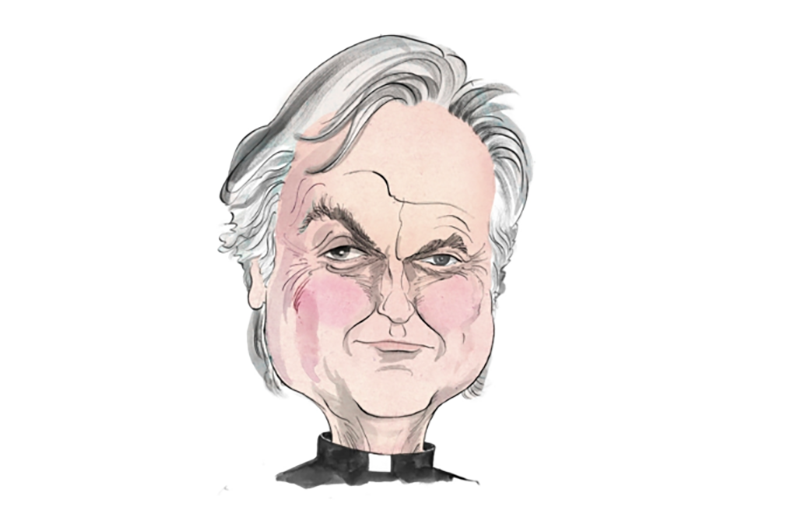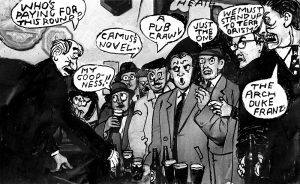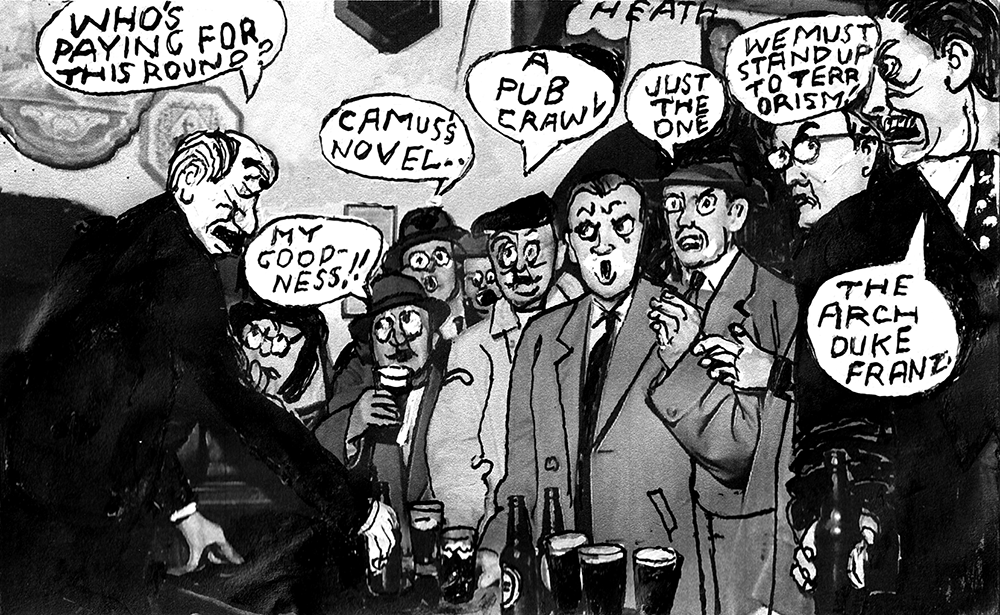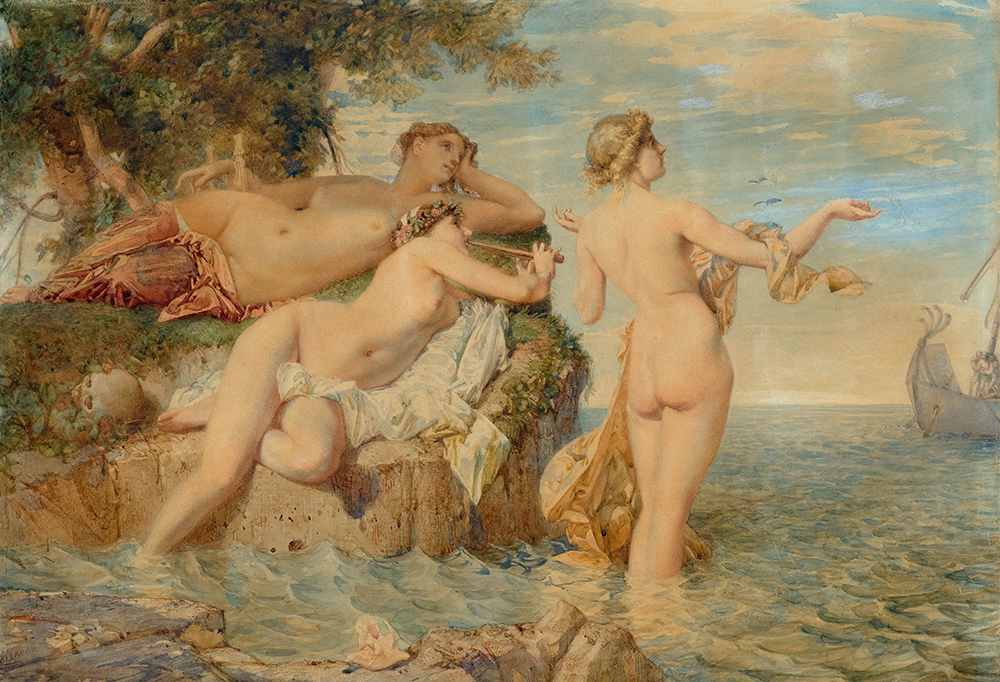Irish radio host Brendan O’Connor is not interested in having an emotional discussion. He’s just curious: if a man of science claims that it would increase the sum total of the world’s suffering to bring a child with Down’s syndrome into it, what evidence does he have for that claim?
In a viral clip, O’Connor — whose daughter has Down’s syndrome — maintains his professional poise as he asks Richard Dawkins to comment on an old tweet offering advice to a woman torn over what she would do if pregnant with a Down’s syndrome child: ‘Abort it and try again. It would be immoral to bring it into the world if you have a choice.’
"How do you think it's immoral to bring a child with Down Syndrome into the world?"@RadioBrendanRTE spoke with Professor Richard Dawkins who believes children with Down Syndrome can potentially increase the amount of suffering in the world.
Listen back: https://t.co/TwLQ9VhSdB pic.twitter.com/B2himKI7kU— RTÉ Radio 1 (@RTERadio1) May 11, 2021
O’Connor makes his own stake in this issue known upfront. But he stresses that he is putting the question to Dawkins logically, not personally.
Dawkins partially back-pedals from his original view, perhaps sensing that he’s met his match. ‘Let’s leave out the immoral,’ he says. That’s putting it ‘a bit strongly.’ Let’s say rather that it would ‘be wise and sensible’ to opt for an abortion, he says, since ‘the amount of suffering in the world probably does not go down, probably does go up, compared to having another child who doesn’t have Down’s syndrome.’
Asked to back this assertion with evidence, Dawkins fumbles. He admits he’s not strictly certain this would decrease total suffering. ‘It seems to me to be plausible…I have no direct evidence, no,’ he tells O’Connor.
Towards the end of the interview, O’Connor asks what ‘other imperfections’ Dawkins might ‘screen out.’ Dawkins rattles off deafness and blindness or anything ‘easily diagnosable.’ O’Connor saves the keenest cut for last, noting that many ‘so-called perfect’ children can cause terrible suffering, ‘but then I suppose we have no way of checking, have we?’
Unsurprisingly, O’Connor has been lauded and Dawkins excoriated, even in atheist corners, for this interview. But is Dawkins perhaps just being a logical atheist? The historian Tom Holland, author of Dominion: How the Christian Revolution Remade the World suggested as much: ‘As Nietzsche long ago recognized, “when one gives up the Christian faith, one pulls the right to Christian morality out from under one’s feet.”’
Douglas Murray has raised a similar point in The Spectator, asking whether human life would be sacred in an atheist world. As humanists, both he and Holland are right to ask such uneasy questions. Holland’s book argues that all Westerners are Christians, if only by muscle memory. But it seems that it takes only a little practice to erase that memory and start over.
To demonstrate this, one need only look at the work of renowned bioethicist Peter Singer, a man Dawkins has long admired. In 2004, Singer lamented that humanists seem ‘unable to free themselves from one of the most central of these Christian dogmas: the prejudice of speciesism.’ Accordingly, the distinguished professor passed on signing Humanist Manifesto III, which he saw as clinging on to this relic of Christian thought.
Singer met his own match in 2003, in the frail but formidable form of disability rights lawyer Harriet McBryde Johnson. Her New York Times account of their meeting is still a devastating read, even nearly two decades on. Last month, Singer was asked if their encounter had changed his mind on the question of whether a disabled person’s life involved more suffering than the life of someone without disabilities. ‘Maybe a bit,’ he admitted. ‘Maybe a bit.’
Yet if Singer and Dawkins are consistent atheists, does this make their respective bêtes noire inconsistent atheists? After all, Harriet McBryde Johnson would have had you know that God did not put her here for a reason. And Brendan O’Connor, writing of disabled daughter Mary’s birth, says he sees no meaning to her ‘glitch,’ no ‘divine plan.’ Maybe, he reflects wryly, this is the moment when he’ll finally ‘get into the religion,’ though ‘whatever faith I had in anything is gone for now.’
Nevertheless, he values her, no less than he values his healthy daughter. By the same token, he subtly leans on Dawkins for devaluing disabled lives writ large. He does not see this as a theological proposal, just as Johnson did not see her fight for disability rights as a theological cause. But by Nietzsche’s logic, their sacrifices flow from an article of Christian faith, whether they realize it or not. In our Western culture, some may have successfully lost the muscle memory of Christianity, but for others, it still lingers — sometimes literally, in the arms of a father with no faith left, except that life is good and precious.
On his daughter’s fifth birthday, O’Connor writes that she was gifted a stethoscope, a favorite toy. ‘If you didn’t know better you would imagine she might be a doctor some day. But of course she won’t. Barring something radical, she will be one of life’s patients. But then, so am I.’
And so am I. And so is Richard Dawkins. In the end, none of us can escape the steel of T.S. Eliot’s ‘wounded surgeon’ — his metaphor for Christ in ‘East Coker.’ To submit under this ‘sharp compassion’ is our only hope, our only health:
‘Our only health is the disease
‘If we obey the dying nurse
‘Whose constant care is not to please
‘But to remind of our, and Adam’s curse,
‘And that, to be restored, our sickness must grow worse.’
Until then, we each of us carry on with our various crosses, our hints half-guessed, our gifts half-understood. We each of us make our raids on the inarticulate, our equipment in varying stages of shabbiness, under conditions less than propitious. ‘But for us,’ Eliot reminds us, ‘there is only the trying. The rest is not our business’.
This article was originally published on The Spectator’s UK website.

























